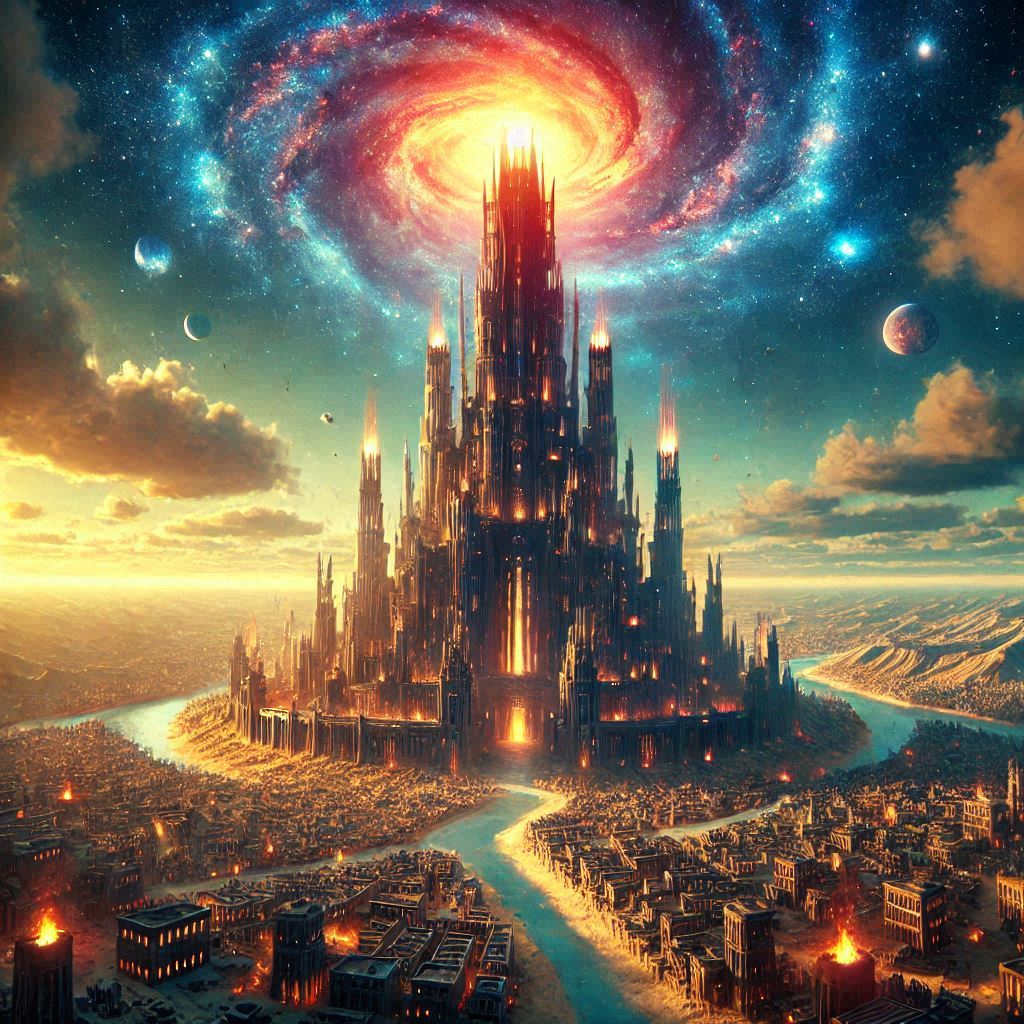Table of Contents
Modern Korean Literature: A Reflection of Society, Identity, and Transformation
Modern Korean literature, spanning the late 19th century to the present, is a vibrant and dynamic field that reflects the tumultuous history, cultural identity, and rapid transformation of Korea. From the colonial period to the division of the peninsula, and from the struggles of authoritarian regimes to the rise of a globalized South Korea, Korean literature has served as both a mirror and a catalyst for societal change. This essay explores the key themes, historical contexts, and influential figures that have shaped modern Korean literature, highlighting its unique ability to capture the complexities of Korean life.

Historical Context and Evolution
Modern Korean literature emerged during the late Joseon Dynasty (1392–1897) and the subsequent Korean Empire (1897–1910), a time when Korea faced increasing pressure from foreign powers. The Gabo Reforms of 1894, which aimed to modernize Korea, also introduced new literary forms and ideas. However, the Japanese colonization of Korea (1910–1945) profoundly impacted the development of Korean literature. Writers during this period grappled with themes of resistance, identity, and survival, often using allegory and symbolism to evade censorship.
After liberation in 1945, Korea was divided into North and South, leading to vastly different literary trajectories. North Korean literature became a tool for state propaganda, emphasizing socialist realism and loyalty to the regime. In contrast, South Korean literature evolved in response to rapid industrialization, democratization, and globalization. The Korean War (1950–1953) and the subsequent authoritarian regimes in South Korea also left deep scars, which were reflected in the works of many writers.
Key Themes in Modern Korean Literature
- Identity and Nationalism: The struggle to define Korean identity in the face of colonization, division, and globalization is a recurring theme. Early 20th-century writers like Yi Kwang-su explored the tension between tradition and modernity, while post-war authors such as Park Kyong-ni, in her epic novel Toji (The Land), delved into the historical roots of Korean identity.
- Trauma and Memory: The collective trauma of colonization, war, and dictatorship has left an indelible mark on Korean literature. Writers like Han Kang, in The Vegetarian and Human Acts, explore the psychological and physical scars of historical violence, while Hwang Sok-yong’s The Guest examines the legacy of the Korean War and ideological conflict.
- Social Critique and Inequality: As South Korea rapidly industrialized in the latter half of the 20th century, literature became a platform for critiquing the social costs of economic growth. Cho Se-hui’s The Dwarf and Kim Young-ha’s I Have the Right to Destroy Myself address issues of class disparity, alienation, and the dehumanizing effects of capitalism.
- Gender and Feminism: The role of women in Korean society has been a central concern for many writers. Feminist authors like Park Wan-suh and Shin Kyung-sook have explored the struggles of women in a patriarchal society, while contemporary writers such as Kim Hye-jin and Choi Eunyoung continue to challenge gender norms and highlight the voices of marginalized groups.
- Globalization and Diaspora: In recent decades, Korean literature has increasingly engaged with themes of globalization and diaspora. Writers like Min Jin Lee (Pachinko) and Krys Lee (How I Became a North Korean) explore the experiences of Koreans living abroad, while others, such as Bae Suah, experiment with transnational narratives and fragmented identities.
Influential Figures and Works
- Yi Sang (1910–1937): A pioneering modernist writer, Yi Sang’s experimental works, such as Wings and The Record of a Death, challenged conventional narrative structures and explored themes of alienation and existential despair.
- Kim Sowol (1902–1934): A prominent poet, Kim Sowol’s Azaleas captures the beauty and melancholy of Korean folk traditions, blending lyrical simplicity with profound emotional depth.
- Park Kyong-ni (1926–2008): Her magnum opus, Toji (The Land), is a sweeping historical novel that traces the lives of ordinary Koreans against the backdrop of the country’s turbulent history.
- Han Kang (b. 1970): A leading contemporary author, Han Kang’s works, including The Vegetarian and Human Acts, have garnered international acclaim for their exploration of human suffering and resilience.
- Hwang Sok-yong (b. 1943): Known for his politically engaged novels, Hwang Sok-yong’s works, such as The Guest and The Shadow of Arms, address the legacies of war and division.
Contemporary Trends and Global Recognition
In recent years, Korean literature has gained global recognition, thanks in part to the efforts of translators and the growing interest in Korean culture worldwide. The success of authors like Han Kang and Shin Kyung-sook, as well as the popularity of Korean films and K-pop, has contributed to this phenomenon. Contemporary Korean literature continues to evolve, addressing issues such as environmental degradation, technological advancement, and the complexities of modern life.
Moreover, the rise of digital platforms and self-publishing has democratized the literary landscape, allowing new voices to emerge. Writers like Kim Young-ha and Bae Suah are experimenting with genre-bending narratives and exploring the intersections of literature, technology, and identity.
Conclusion
Modern Korean literature is a testament to the resilience and creativity of the Korean people. It has not only documented the nation’s struggles and triumphs but also provided a space for reflection, critique, and imagination. As Korea continues to navigate the challenges of the 21st century, its literature remains a vital and dynamic force, offering insights into the human condition and the ever-changing world. Through its rich tapestry of voices and stories, modern Korean literature invites readers to engage with the past, question the present, and envision the future.


No responses yet